Over the past week, the province has experienced consecutive monsoons, with temperatures dropping sharply, some days below 11-12 degrees Celsius; in mountainous and highland districts such as Dinh Hoa and Vo Nhai, temperatures have dropped below 10 degrees Celsius. This weather pattern has greatly affected crops, especially during the spring crop season. After the cold days, Thai Nguyen is predicted to experience wet spells, which may cause pests and diseases to crop plants. Therefore, the protection of spring crops is receiving attention from all levels and sectors in the province.
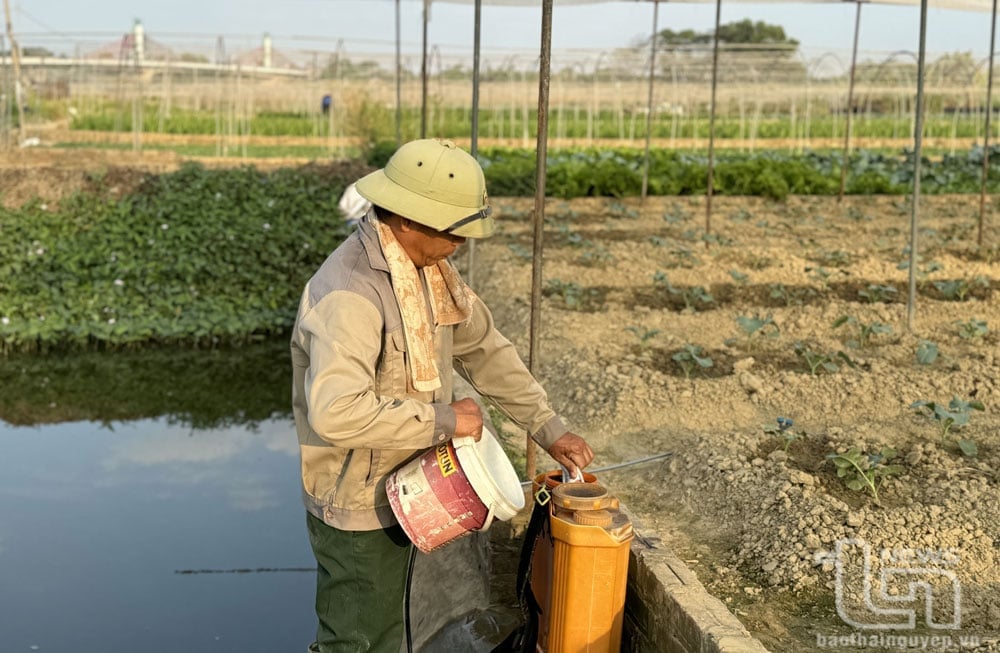 |
| Vegetable growers in Tuc Duyen ward (Thai Nguyen city) proactively monitor and spray pesticides to prevent soft rot disease in crops in time. |
Currently, spring rice is in the seedling - transplanting - green recovery stage; some winter - spring tea production areas are in the bud development stage; lychee and longan trees are in the flower bud development stage; cruciferous vegetables are in the stem and leaf development stage; tomatoes and potatoes are developing tubers and fruits.
Mr. Nguyen Ta, Head of the Provincial Department of Cultivation and Plant Protection, said: We need to protect more than 22,000 hectares of tea, over 13,000 hectares of fruit trees, over 10,000 hectares of various vegetables and complete planting over 28,000 hectares of spring rice...
Faced with extreme weather phenomena such as severe cold, frost, and frost affecting the growth and development of seedlings and rice; humidity causing leaf blister disease in tea and harmful pests and fungi in vegetables... the Department of Agriculture has directed localities to implement many solutions to protect crops. Specifically, avoiding cold for seedlings; preparing short-term rice varieties to be ready for additional planting in areas of newly planted seedlings and rice that have died from the cold. Regularly check for blast disease in seedlings and rice fields, and spray to prevent the disease when encountering cloudy weather conditions, high humidity, and mild cold to detect and spray pesticides in time.
With tea plants, early detection of harmful leaf blister disease is of particular concern to farmers. Mr. Nguyen Thanh Duong, Director of Tan Cuong Midland Tea Cooperative (Thai Nguyen City), said: We regularly check the existing tea area to detect early pests and diseases, especially leaf blister disease. Agricultural extension officers have instructed members of the Cooperative to use some pesticides to prevent and control pests and diseases registered in the List of pesticides permitted for use in Vietnam such as: Stifano 5.5SL; Starsuper 20WP; Manage 5WP... Apply balanced fertilizer to the commercial tea area and stop fertilizing when the disease appears.
In addition, people are also advised to proactively monitor longan and lychee gardens that are in the stage of developing flower buds and young fruits, promptly detect downy mildew and anthracnose on lychee and longan, and prune flower clusters that are too thick and flower branches at the beginning and end of flower clusters.
At the same time, agricultural extension officers have instructed farmers to spray to prevent disease in favorable weather conditions for disease development (humid rain). Use anthracnose fungicides such as: Daconil 500SC; Lilacter 0.3 SL; Mdancozeb 640 WP; Stonegold 22WP; Manage 5WP.... Downy mildew such as Arygreen 75 WP, 500SC; Insuran 50WG; Lilacter 0.3 SL; Antracol 70WP...
For the vegetable area that is ready for harvest, people should urgently harvest it immediately. Along with that, follow the instructions of the local agricultural extension staff, proactively cover with white nylon to avoid cold rain for leafy vegetables, water enough moisture according to the nutritional needs of each plant during the cold days. Add more potassium and phosphate fertilizers, reduce nitrogen fertilizers, spray or water some biological products to increase the plants' ability to resist cold. Monitor the development of pests and diseases on crops to have measures to prevent soft rot in vegetables; tomato and potato downy mildew; whitefly caterpillars, silkworms ...
As for peanuts, soybeans, and spring corn, we have issued documents instructing localities and people not to plant when temperatures are below 15 degrees Celsius for a long time, even though the planting season has come, Mr. Ta added.
It can be seen that all levels, functional sectors and people have proactively responded to the extreme weather developments in this spring. This has contributed to the completion of the 2025 target of achieving a total output of 437.4 thousand tons, 273 thousand tons of fresh tea buds; 293.2 thousand tons of various vegetables...
Source: https://baothainguyen.vn/kinh-te/202502/chu-dong-phong-chong-ret-sau-benh-haicay-trong-d4e0bfe/


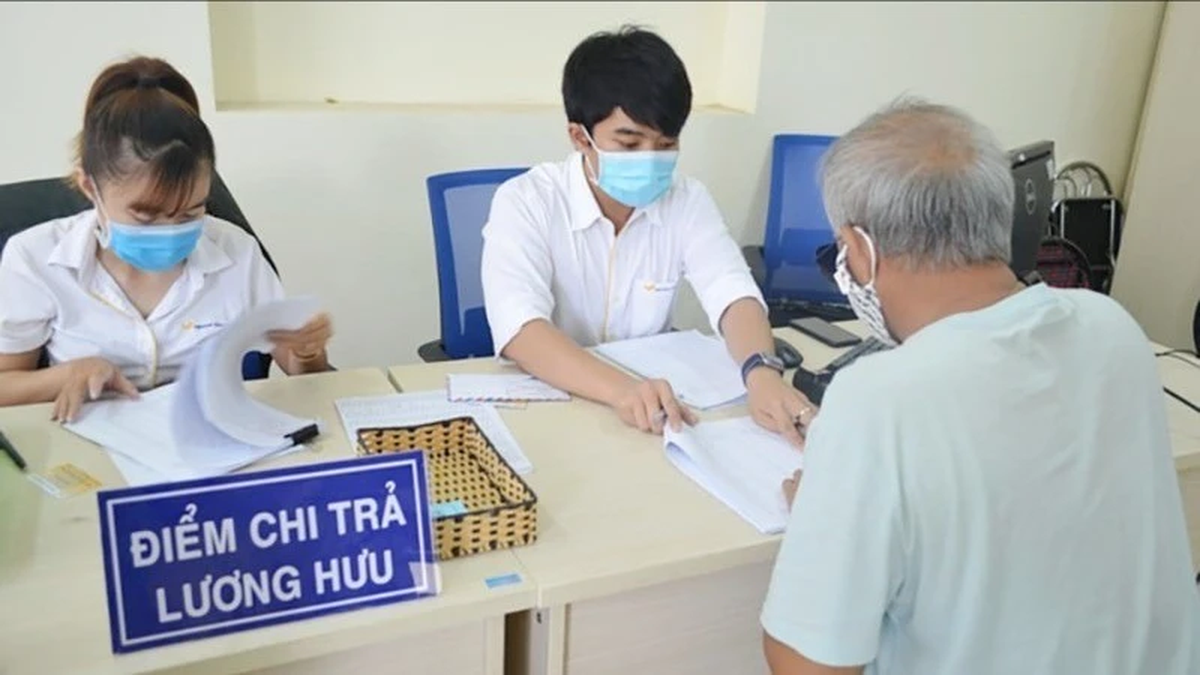





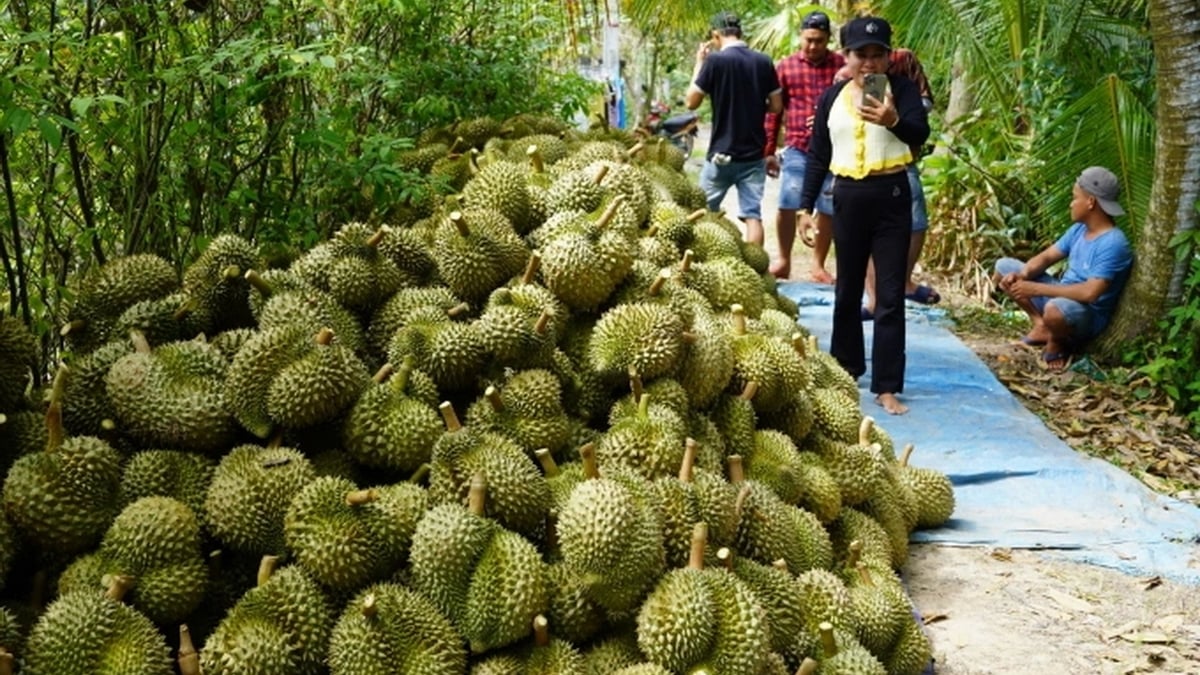














































![[Maritime News] Two Evergreen ships in a row: More than 50 containers fell into the sea](https://vphoto.vietnam.vn/thumb/402x226/vietnam/resource/IMAGE/2025/8/4/7c4aab5ced9d4b0e893092ffc2be8327)









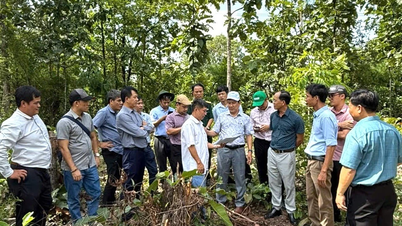

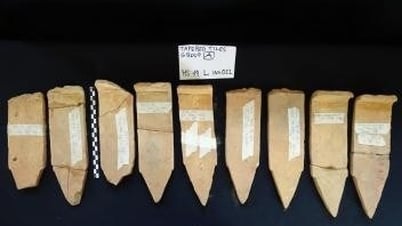






























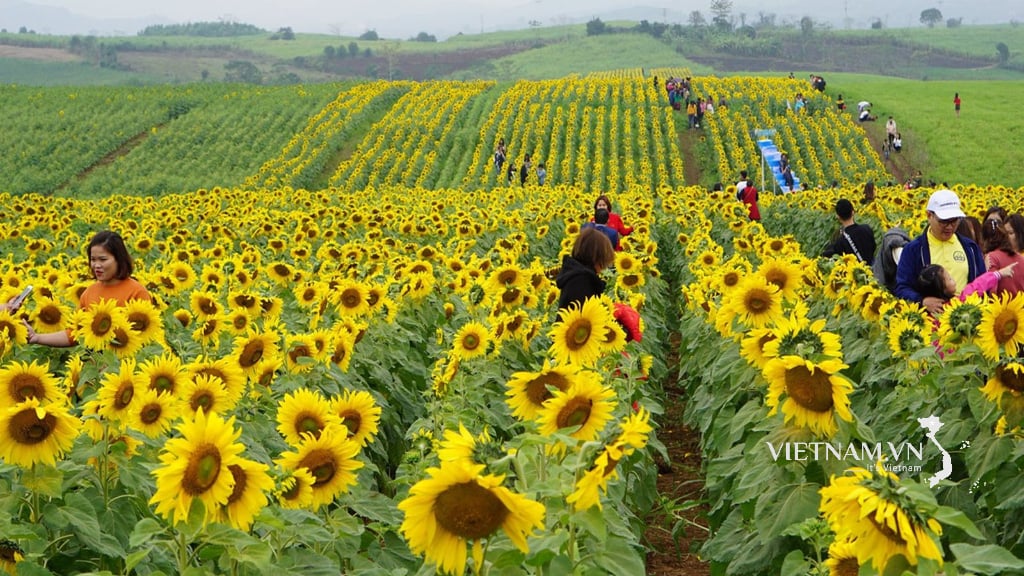
Comment (0)